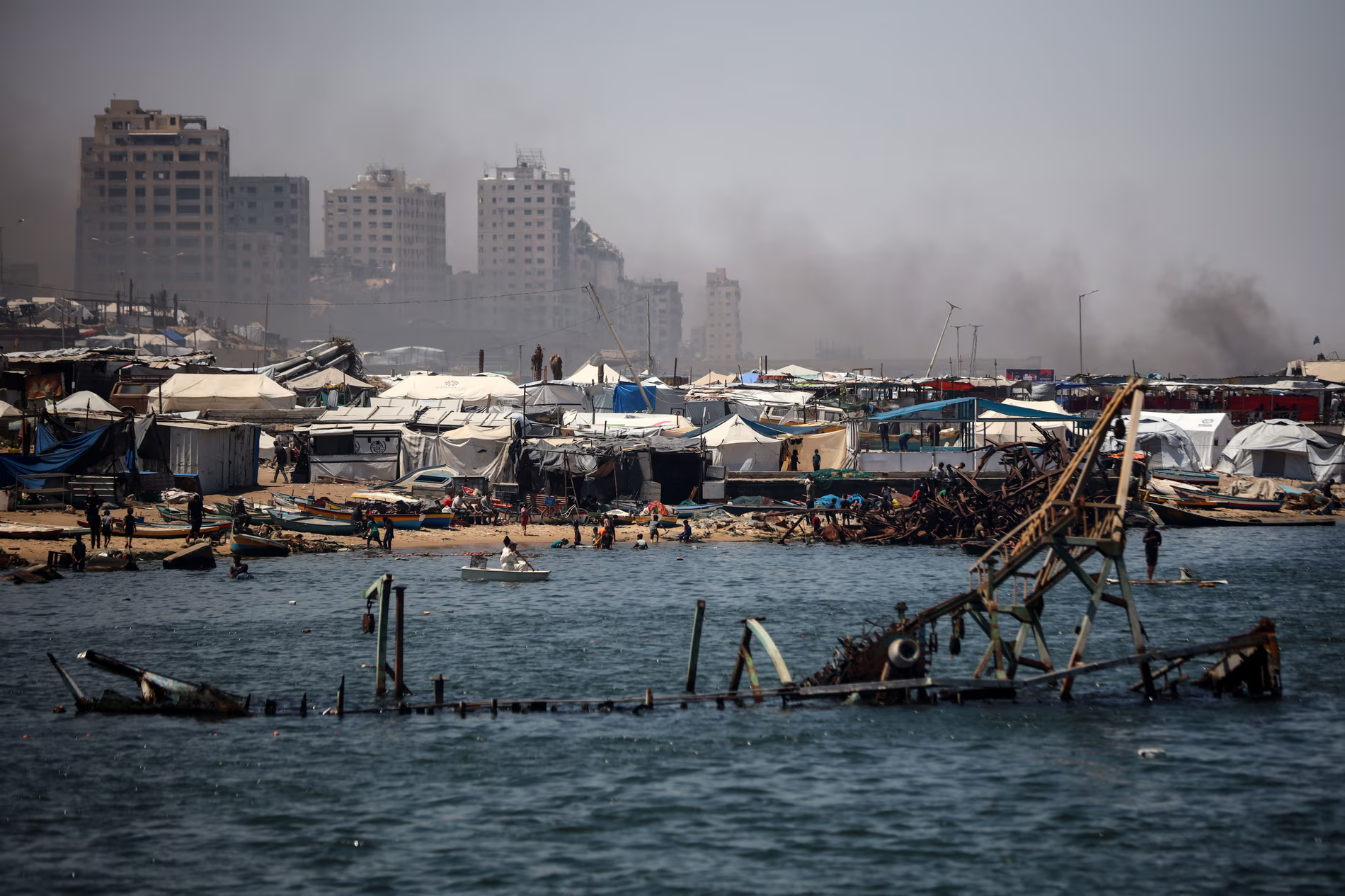The United States has initiated the evacuation of non-essential personnel from several countries across the Middle East as tensions mount in the aftermath of Israel’s airstrikes on Iran’s nuclear facilities. The move reflects Washington’s growing concern over the risk of retaliatory actions and wider conflict engulfing the region.
The State Department issued evacuation orders late Wednesday, directing its embassies and consulates in high-risk areas to scale back staffing levels. Iraq, Lebanon, Syria, and parts of the Gulf region are among the locations affected. The U.S. also warned its citizens to avoid travel to these regions due to potential threats linked to the evolving security environment.
“This is a precautionary measure to protect our people and ensure mission continuity under emerging threats,” a State Department spokesperson said, confirming the evacuations without specifying numbers.
The decision follows Israel’s strikes on Iranian nuclear sites in Natanz, Isfahan, and Fordow — attacks that have significantly escalated hostilities in the region. Iran has vowed to retaliate, and observers fear U.S. facilities and personnel could be among the primary targets, given America’s alliance with Israel and longstanding military presence in the region.
Iran’s Islamic Revolutionary Guard Corps (IRGC) issued a stark warning after the Israeli operation, stating that all U.S. bases in the Middle East are now within range of its missiles. The IRGC declared that Iran would respond “without hesitation” to any perceived aggression or support for Israeli military activities.
As a precaution, the U.S. military has raised alert levels at bases across the region, including installations in Iraq, Qatar, Bahrain, and the United Arab Emirates. Additional missile defense systems have been deployed, and the Pentagon has placed quick reaction forces on standby.
While the White House has stressed that it was not involved in the Israeli strikes, officials acknowledge that American assets could become targets if Iran seeks broader retaliation. President Joe Biden has reiterated his administration’s commitment to de-escalation, but also warned that any attack on U.S. personnel would be met with force.
European allies are also taking notice. The United Kingdom, Germany, and France have advised their citizens to leave Lebanon and parts of Iraq, citing increased threats to Western interests. All three governments have condemned the escalation and called for restraint from all parties.
In Lebanon, tensions are particularly high due to the presence of Hezbollah, which maintains strong ties with Tehran and has been vocal in supporting a response to Israeli actions. U.S. diplomats and aid workers have begun relocating to safer locations, with embassy operations shifting to minimal staffing.
Meanwhile, Iran has continued to deliver inflammatory rhetoric, with Foreign Minister Hossein Amir-Abdollahian declaring that Israel and its supporters “will bear the consequences” of the attack. He accused the U.S. of complicity, even if indirectly, and warned of coordinated responses across what Iran calls the “Axis of Resistance,” including Hezbollah, the Houthis in Yemen, and various Iraqi militias.
The United Nations and regional organizations have expressed alarm over the unfolding crisis. UN Secretary-General António Guterres called for an immediate halt to hostilities and emphasized the need for diplomatic engagement to avoid full-scale war.
The evacuation underscores just how rapidly the security environment has deteriorated in recent days. As Israel remains on high alert and Iran threatens wide-ranging retaliation, U.S. forces and personnel are bracing for potential fallout.
While diplomatic channels reportedly remain open behind the scenes, the risk of further military escalation appears high. Analysts warn that any direct attack on U.S. targets would likely provoke a broader conflict with unpredictable consequences for the Middle East and beyond.
Source; Al Jazeera



